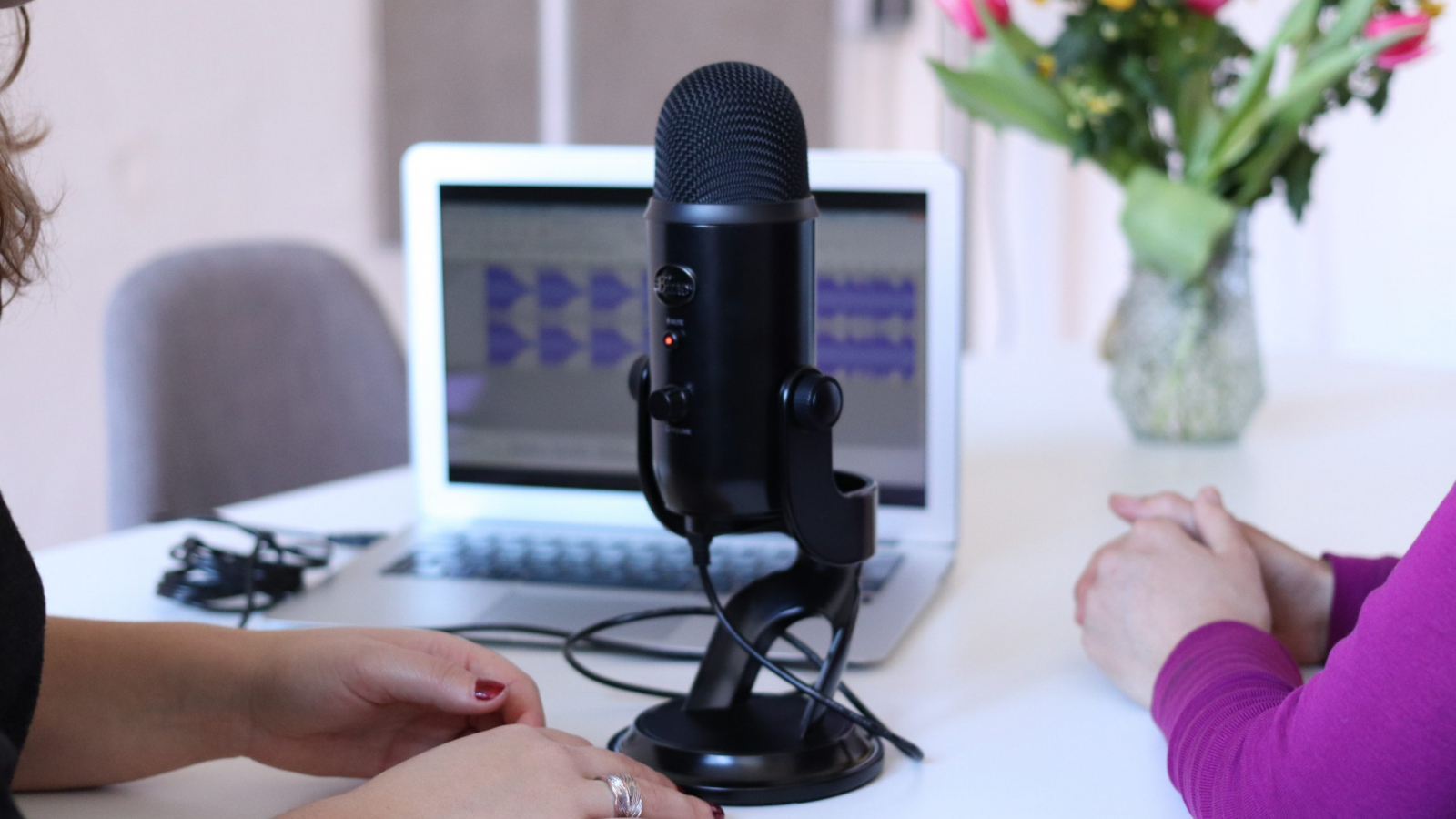When you’re just starting as a podcaster, it can be difficult to know which pieces of equipment are essential and which ones you can live without. Especially if you’re on a tight budget, it can be hard to know where to spend your money. However, if you want your show to be successful and have the opportunity to grow long-term,
investing in the right equipment from the outset is crucial. There are plenty of key pieces of podcasting equipment that you need to create a successful show. After all, the whole point of creating a podcast is so that people can listen to it – not just read about what was said! However, there are so many different types of
microphones available on the market that selecting which one is right for you can be tricky. Here we take a look at some of the best microphones for podcasting on a budget.
What to Look for in a Good Podcasting Microphone?
When it comes to selecting the best microphone for podcasting, there are a few key features that you should be on the lookout for. These include: Whether the mic is a condenser or dynamic microphone – Ideally, you want a condenser microphone, as these tend to be of a higher quality; the type of USB connection it has – Ideally, you
want to find a mic that connects via USB so that you’re not restricted by the length of your XLR cable; whether the mic comes with a stand – Finding a podcasting mic that comes with an integrated stand makes it much easier to set up. Finding a podcasting mic with these features will ensure that you get the best quality sound possible.
Condenser Mics
Condenser microphones are typically more expensive than dynamic mics, but they are also generally better quality. As the name suggests, a condenser mic uses a capacitor to create a charged diaphragm inside the mic. These mics tend to pick up more sound, including background noise and other sounds that may otherwise be
missed via a dynamic microphone. If you are serious about getting the best quality possible for your podcast, a
condenser microphone is probably your best bet. You will notice a significant difference in quality if you decide to go with a dynamic microphone, so it is worth the extra investment.

Dynamic Mics
As we mentioned earlier, dynamic mics tend to be less expensive than condenser mics. This does not mean that they are of lesser quality, though; in fact, many podcasters swear by dynamic mics, especially for beginners. Unlike a condenser mic, a dynamic mic doesn’t use a capacitor. Instead, sound is created by electromagnetic induction. This means that it is much more resistant to electrical interference, which makes it a great choice if you’re recording in a noisy environment, such as in a busy newsroom. In other words, dynamic mics are great all-rounders that are perfect for beginner podcasters who want to make sure they don’t overspend.
USB Mics
As well as XLR mics, you might also come across some podcasting microphones that connect via USB. These are a great choice for beginners or podcasters on a budget. The main advantage of using a USB microphone is that there is no need for an XLR cable, which can be useful if you’re recording in a small space. Many USB
mics also come with a stand, so you don’t have to worry about getting one of those separately. There are a couple of things to bear in mind if you’re thinking about using a USB microphone, however. For a start, you will need a computer that is powerful enough to run the mic. You will also need some kind of audio recording software, such as GarageBand or Audacity.

Conclusion
At the end of the day, there is no right or wrong choice when it comes to selecting the best microphone for podcasting. However, there are a few things you should consider when making your decision, such as the type of connection it has and the price. If you purchase a microphone that ticks these boxes, you can be sure that you are getting a decent quality sound that will help your podcast stand out from the crowd.

Add a Comment